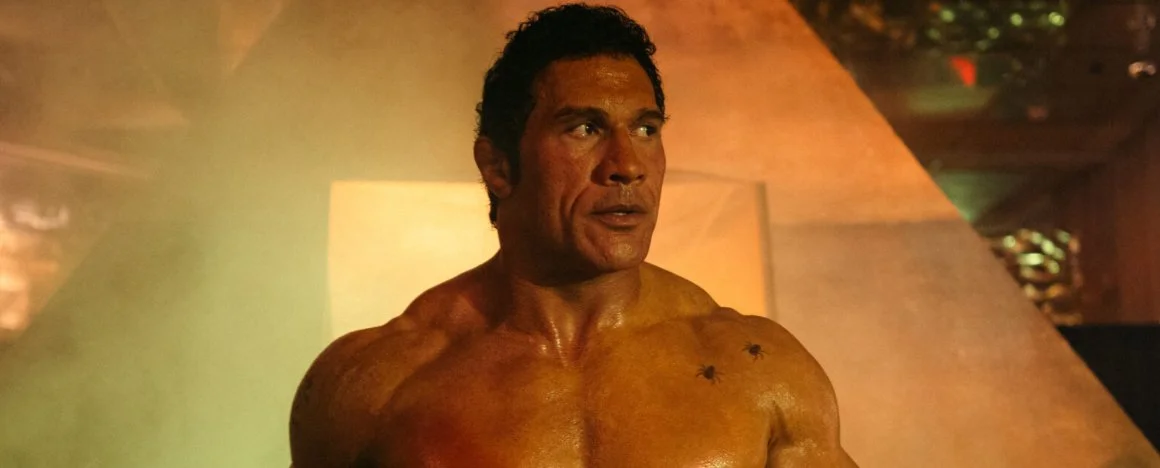NOTE: There are many out there that want not just film awards, but film criticism, in general, to be swapped up by “identity politics.” If that ever happens then the ethical nature of the field will be done for. The criteria for judging whether something is good or bad, at least as far as this younger generation goes, seems to stem from agenda-driven politics.
To them, it’s more about who made the movie, who stars in it, its message, rather than if it is a good or bad film. Of course, it is important to progress and have inclusion at the movies, but it should never be realized in a forced-upon way. Progression happens in baby steps, not by purposely being shoved into the equation. There is now a lack of patience, people want change NOW, but in art, it can never be achieved that way. 70% of filmmakers are still male and that means there stands a good chance that the best films and directors will be directed by old, white dudes.
Many don’t measure movies by their cinematic qualities anymore, but, rather, by how progressively minded they are to the betterment of society. It’s a noble way of thinking, but detrimental to judging art for what it is.
There’s always some form of controversy these days after the Globes or Oscar announce their batch of nominees. And so, is it any surprise that a backlash against this morning’s Golden Globes nominees is growing on social media. The complaints seem to revolve around the lack of female directors being nominated? Of course not.
Earlier this morning, the Hollywood Foreign Press Association announced the Globe nominations and, given the amount of acclaimed female-directed films this year, yes, it is surprising to see zero female directors in the directing category. But there can only be five possible nominees and, truth be told, the 5-10 best films this year were indeed directed by men.
“Honey Boy” director Alma Har’el, inflicted with a bad case of sore loser-dom, decided to take to Twitter to voice her disgust at the Globes and its lack of representation in the Best Director category.
“Good morning to everyone that’s writing me about the #goldenglobes,” she tweeted. “I feel you but know this. I was on the inside for the first time this year. These are not our people and they do not represent us. Do not look for justice in the awards system. We are building a new world.”
Harel went on to list a number of female filmmakers with "acclaimed works in 2019.
The filmmaker tweeted:
Lulu Wang
Mati Diop
Greta Gerwig
Olivia Wilde
Lorene Scafaria
Marielle Heller
Melina Matsoukas
Chinonye Chukwu
Céline Sciamma
Made films this year that reached people and touched them. That’s our awards. No one can take that away.”
She added, “Keep fighting for more women & POC behind the camera by supporting their films. Don’t make your end game the political money that trades hands in the form of movie campaigns for people who can’t see us and recognize us.”
Comment: Of all the female filmmakers listed above by Har’el, only Lulu Wang came closest to nabbing a nomination. Although Mati Diop and Céline Sciamma delivered excellent films, they were very much arthouse fare and completely not aligned with the Globes’ usual pedestrian cinematic tastes.





